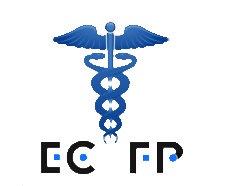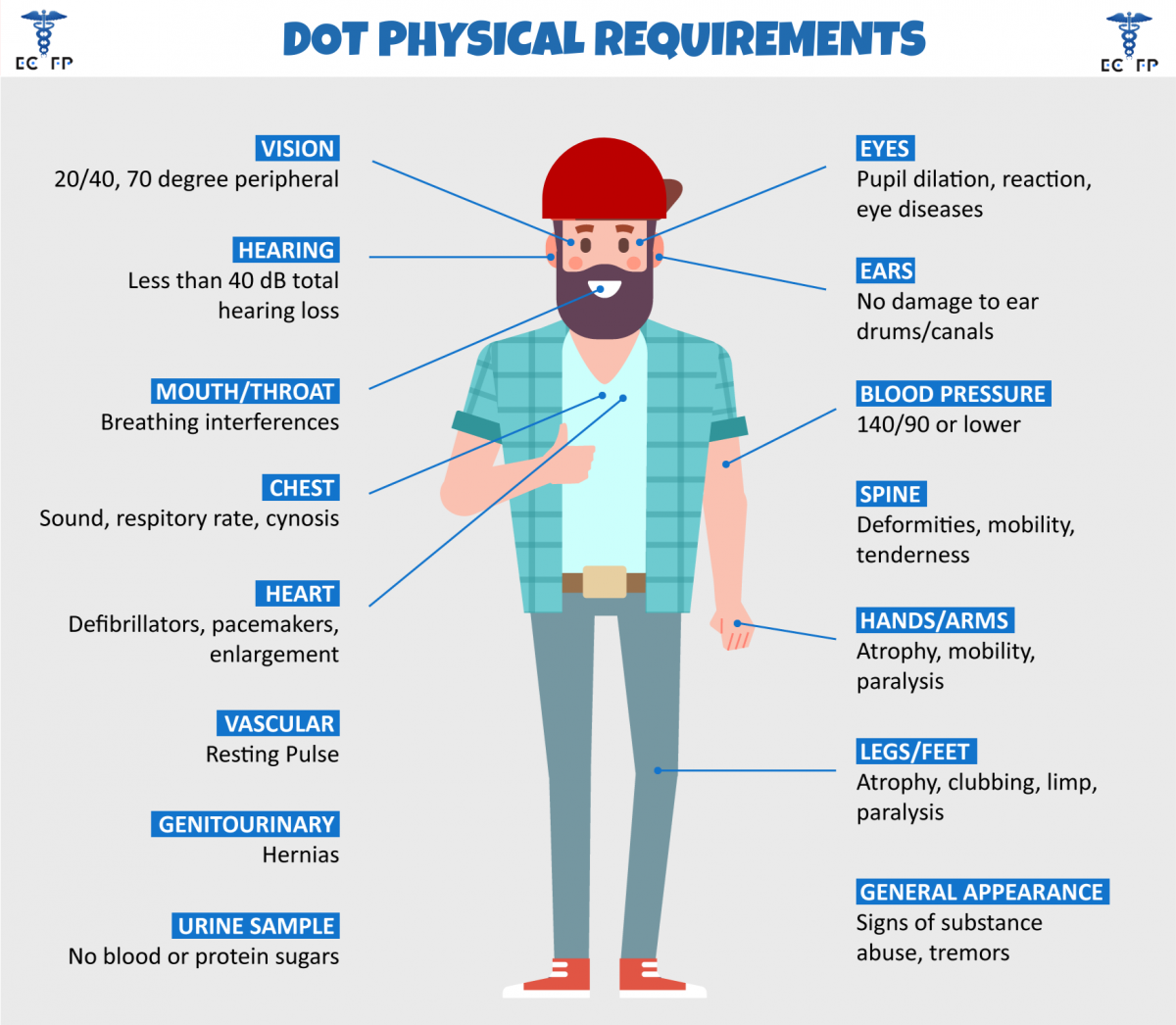Two days ago, North Carolina reported the first case of the Omicron variant in the state. Mecklenburg County health officials first reported the presence of the omicron variant on Friday, noting that the positive test came from a University of North Carolina at Charlotte student and had been discovered through the university’s sequencing program. According to the report, he had traveled outside the state for Thanksgiving. He was immediately isolated. Owing to the fact that he was fully vaccinated, he has now recovered.
The World Health Organization (WHO) recognized the Omicron variation as a variant of concern on November 26, 2021, and the United States categorized it as such on November 30, 2021. Many countries, including the United States, have detected it.
On Monday, state health officials verified the case of the UNC Charlotte student who tested positive for the omicron variety, but they found no more instances. Most instances do not undergo genetic sequencing, which is the only method to establish what variation someone has, according to the state Department of Health and Human Services. Only a limited percentage of positive COVID-19 specimens undergo such testing, and more than 95 percent of viral specimens sequenced in North Carolina have the delta version.
The state firmly believes that all the ‘existing variants of Covid ’ can be successfully treated with the existing Pfizer, Moderna, and Johnson & Johnson vaccines.
While most adults are focused on obtaining their booster shots, health officials are concerned about poor immunization rates among children. Only 6.5 percent of children aged 5 to 11 are completely immunized, according to the CDC. Doctors are asking parents to safeguard their children as families prepare to meet in the coming weeks.
Though new daily cases are increasing and hospitalizations are up more than 40% since Thanksgiving, the state’s case positive rate has remained relatively steady at approximately 7% over the past week.
The officials stated that though there is not much research around long-term covid impacts on kids, however, the existing data sets indicate that children can have a long-term cognitive covid impact even if they have mild symptoms. Further, considering the upcoming holiday season, children can become a hotbed of viruses irrespective of the fact that they are symptomatic or asymptomatic.
Doctors are urging that vaccination along with masks and other protocols are the only way to curb this menace.
Dr. David Wohl, the infectious disease specialist at UNC-Chapel Hill, said unvaccinated people are the primary concern as they overwhelmingly make up COVID hospitalizations in North Carolina, stressing hospital systems. And those not vaccinated are vulnerable to any variant.
In laboratory studies, a third-dose booster of Pfizer’s vaccine was found to have a considerably greater antibody response against omicron than the two doses alone, according to Pfizer.
The North Carolina Department of Health and Human Services continues to advocate immunization as the best COVID-19 preventative method. In comparison to those who are vaccinated, people who are unvaccinated are more than five times as likely to get COVID-19 and more than 25 times as likely to die from the illness as of Dec. 1, according to the most recently available statistics from DHHS.
East Cary Family Physicians urge you to get your Covid shot as soon as possible.




